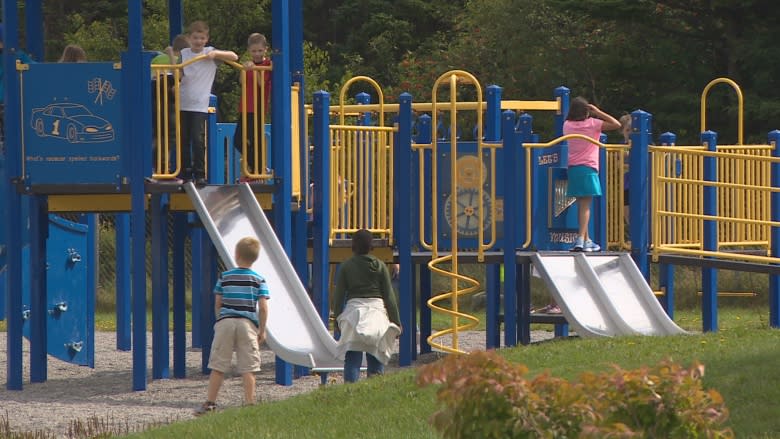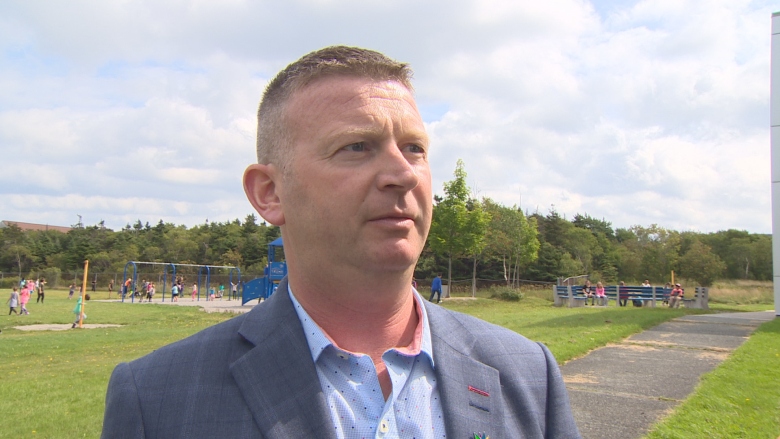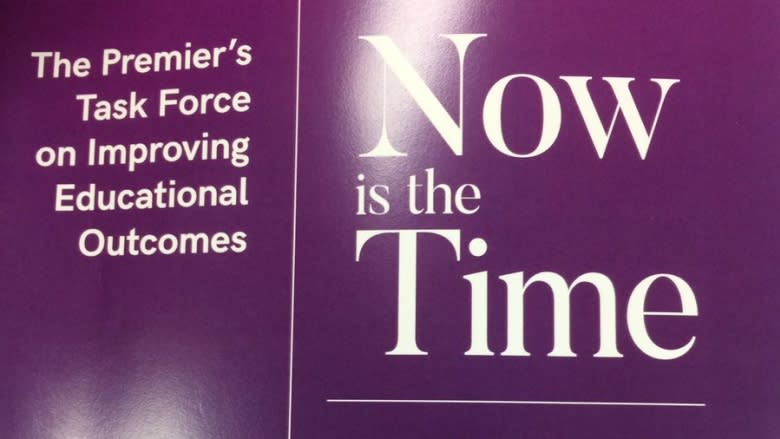Earlier testing promised for special needs in school children
Special needs assessments for children in Newfoundland and Labrador are late and ineffective, and the education minister is committing to do something about it.
Children in the province's schools do not undergo comprehensive assessments until Grade 4. Dale Kirby said attitudes around early diagnoses of learning disorders and other exceptionalities need to change.
A recent report on the province's education system made recommendations for earlier interventions.
"There has been in the past a hesitancy around doing early diagnosis," Kirby said. "There's probably been concerns around labelling and so on. But as the report shows … they indicate a need to do something earlier."
Need to be proactive
Parents of struggling children can get their child assessed earlier but the testing is done independently of the school system. As a result, waitlists span more than a year and the cost is more than $2,000.
The Premier's task force on educational outcomes reported back this summer with 82 recommendations across nine subject areas.
In a section on special education, it recommended the education system partner with child care programs to identify children with special needs earlier.
"Students with specific learning disorders are given little help and fall further and further behind," the report said.
"As a result, special education remains a reactive approach with services deployed after a student falls behind, whereas a proactive approach could have prevented that from happening."
Action plan to be released with budget
Standing in front of a busy playground on Wednesday, Kirby committed to helping the children by implementing recommendations in the report.
"There's no doubt we can do things better and there's advantages to doing things earlier," he said. "As long as I'm in this role and I'm part of this government, we will work towards addressing those issues."
Kirby said moving towards earlier interventions will save the government money in the long run.
"[It] saves families and children a lot of heartache in some cases, but also saves the system money down the road because we're not trying to play catch up where things could have been done differently initially."
One part of identifying special needs earlier was the implementation of full-day kindergarten in 2016, Kirby said.
Implementation of the 82 recommendations in the report will begin next school year. An action plan outlining how to do that will be released with the 2018 budget.
The action plan will map the course of education in Newfoundland and Labrador for the next several years.
"We're not going to get out of this situation overnight," Kirby said. "It's going to take some time."




